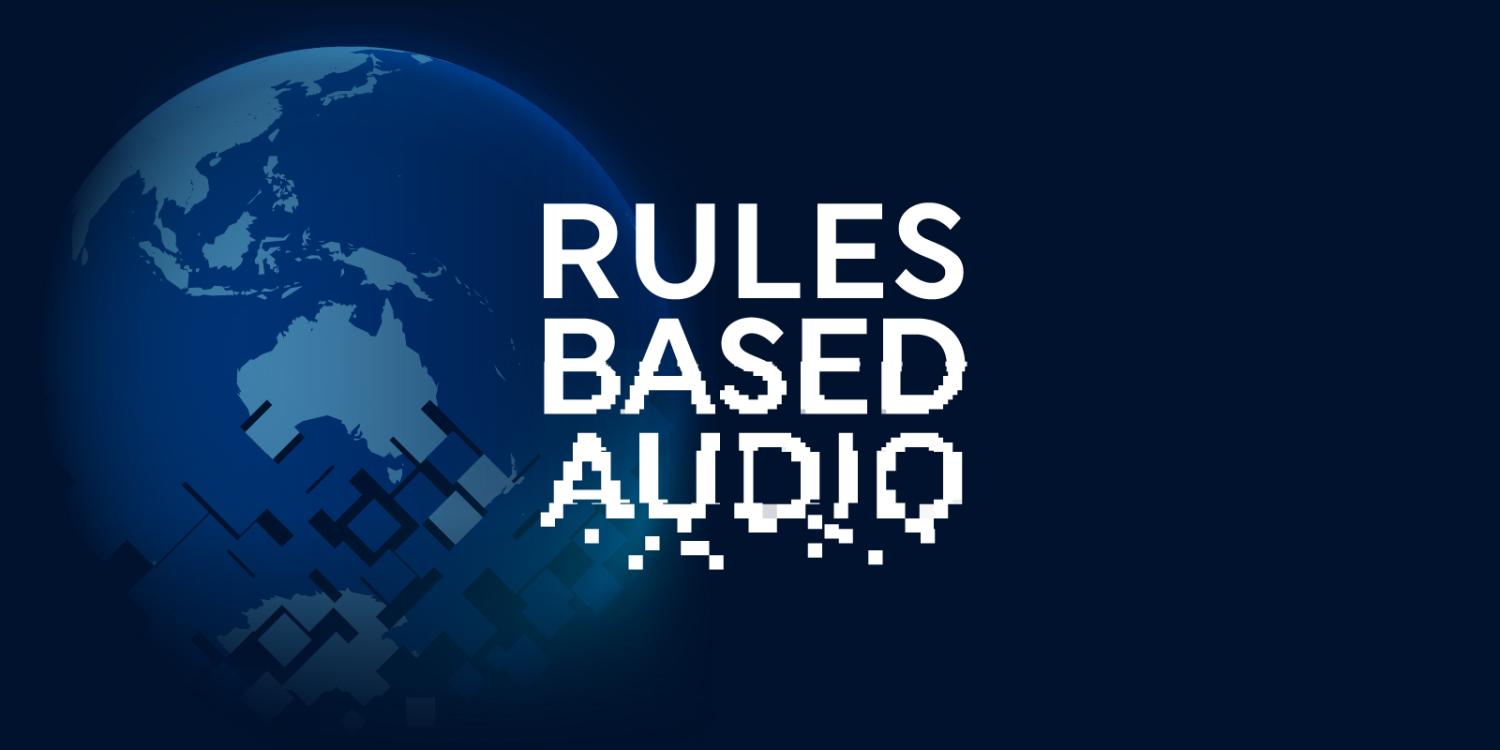Digital authoritarianism broadly is the use of digital technology by authoritarian regimes to monitor, manipulate and control both domestic and foreign populations. China and Russia are at the forefront, representing two distinct but related models. There are many dimensions to it, from the recent revelations China is developing facial recognition technology to sort people by ethnicity, to Russia’s attempts to create a sovereign Russian internet.
Digital authoritarianism is reshaping the power balance between democracies and illiberal states. In our final podcast for 2019, we discuss what it is and what democracies can do to level the playing field, without sacrificing core democratic values.
My guest on this episode of Rules Based Audio, Dr Alina Polyakova, is the founding director of the Project on Global Democracy and Emerging Technology at the Brookings Institution. And she is the co-author of a recent paper, “Exporting Digital Authoritarianism”, published by Brookings.
She argues that the west must start conceiving of the democratic digital domain as an asset in this contest, one that must be be protected and defended – but also one that’s more resilient than we think.
Rules Based Audio is a half-hour, fortnightly podcast covering stories from the cracks and faultlines in the global order, hosted by Kelsey Munro and powered by the Lowy Institute. “Exporting digital authoritarianism” is our last episode for 2019 and my last episode as host. Rules Based Audio will be back in 2020. Thanks for listening!
Subscribe to Rules Based Audio on Apple Podcasts, listen on SoundCloud, Spotify, or wherever you get your podcasts.

